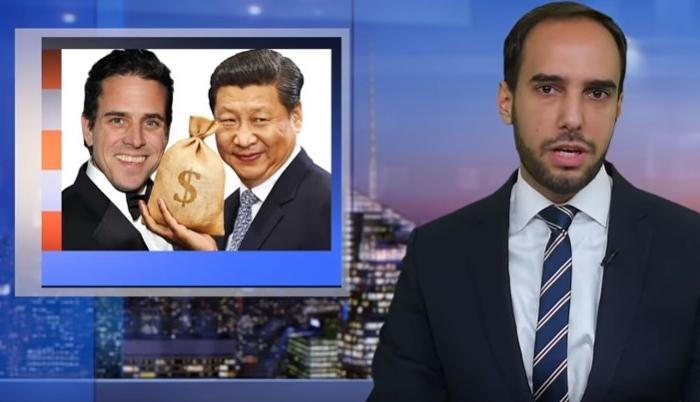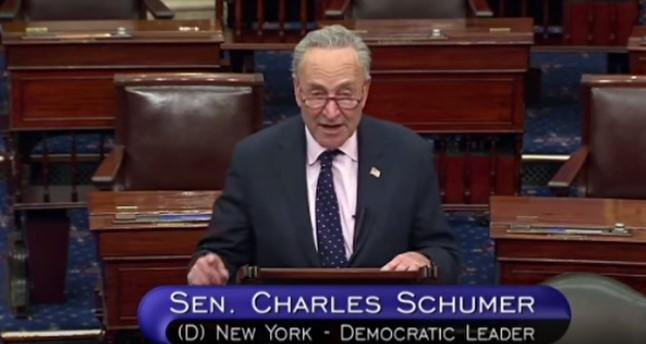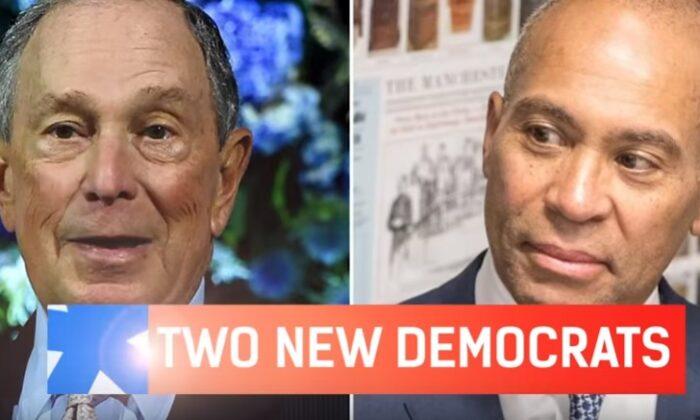We’ve talked about it before—that toxic wasteland spewing its pollution around the world. Actually I’m talking about Hollywood. But Hollywood may have met its match in China.
By the end of next year, it’s estimated that China may become the world’s biggest movie box office. Yes, even bigger than the United States. Moviegoers in China will pay an estimated 8.3 billion dollars by the end of this year. That’s just a few billion away from catching up with the US.
In fact, Hollywood movies are now often made with the Chinese market in mind. Because if a studio wants its next major blockbuster to take up a chunk of that multi-billion dollar market, it will have to play by the Communist Party’s rules.
China allows only 34 foreign films a year. Is it about protecting China’s own film industry? Partly. But it’s also about censoring ideas that could, you know, undermine social harmony.
So what are Chinese censors looking for? Well, just ask Party mouthpiece, Xinhua. According to a draft of China’s new film industry handbook, people in the the film industry must have “moral integrity.” How do you do that? “Practice core socialist values.”
If a Hollywood studio wants to guarantee success in what may or apparently may not soon be the world’s biggest movie market, that means censor yourself—or get censored by the State Administration of Press, Publication, Radio, Film and Television, SAPPRFT.
But this is about even more than just preventing Chinese people from seeing movies that don’t adhere to core socialist values. This is part of a concerted effort by the Chinese Communist Party to control what comes out of Hollywood. They want to change the way Americans, and the rest of the world, think about China.
For more on this, I sat down with National Security and Cyber Espionage Expert Joshua Philipp—who recently wrote this article in The Epoch Times.




Friends Read Free